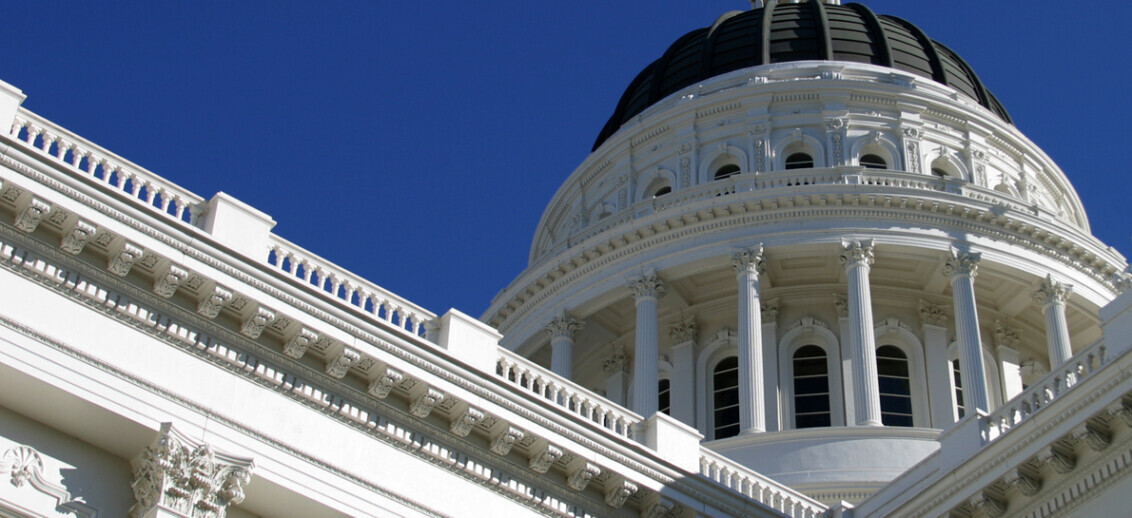Earlier this month, on October 3, 2025, California Governor Newson signed AB 1340, enacting the Transportation Network Company (TNC) Drivers Labor Relations Act (the Act).
Effective January 1, 2026, this statute grants certain gig drivers in California the right to unionize, bargain collectively and engage in concerted activities, without being classified as employees. The Public Employment Relations Board (PERB) is tasked to enforce the Act’s provisions, including resolving labor disputes, adjudicating unfair practice charges, and overseeing elections.
Who is Covered by AB 1340?
A TNC is a company operating in California that uses an app to connect drivers using personal vehicles with passengers. Drivers classified as employees under federal law or National Labor Relations Board (NLRB) rulings are excluded from AB 1340, under the theory that they already have unionization rights under federal law. The law only applies to non-employee independent drivers.
What Does AB 1340 Mandate?
The Act reflects California’s efforts to balance worker protections with the unique challenges of app-platform-based work, particularly after the contentious passage of Prop 22, which classified TNC drivers as independent contractors, as a matter of law.
Starting January 1, 2026, covered TNCs must submit to PERB every quarter a list of drivers who completed at least 20 rides in the past six months. The list must include each driver’s name, license number, known contact information, date joined, and ride count. PERB will take the data submitted by the covered TNC companies and calculate the median ride count and identify all “active” drivers—those meeting or exceeding the 20 ride threshold over the prior six month period. The active drivers will have the right to unionize.
The unionization process is materially different from that under the NLRA. A TNC driver organization/union can begin the union organization process by making a showing to PERB that it has a mere 10% support among active drivers. PERB then has 30 days to verify that the 10% threshold is met.
If the threshold is met, TNCs must notify active drivers within 30 days after determining that the 10% threshold was met, and that the union is seeking to represent them. Only upon certification that the 10% threshold interest in unionization is met can PERB then provide the union with the list of eligible TNC drivers. The driver organization/union then has to show that it has 30% support to trigger an election. The election will be conducted using remote voting.
However, If the driver organization/union can show that it has more than 50% support, there shall be no election and the driver organization/union shall be automatically certified.
Conflict with National Labors Relations Act (NLRA)?
Unlike traditional unionization under the NLRA, AB 1340 establishes: a state-supervised bargaining process, provides for “sectoral” bargaining across an entire industry rather than single employers, and preempts certain local regulations while carving out space for state-level labor standards.
AB 1340 was designed to sidestep NLRA preemption by targeting only independent contractors in the app-platform-based ridesharing sector. Future court cases will undoubtedly be filed to test whether AB 1340 can survive NLRA preemption. If upheld however, AB 1340 could set a national precedent, where its success could open the door for other pro-union states, and perhaps even municipalities, to pass similar laws. These laws could fundamentally reshape the gig economy if adopted broadly.
Please contact the author of this article or any member of CDF Labor Law’s Traditional Labor Practice Group Team if you are a California employer with questions or concerns on the implications of AB 1340 and/or how to comply before it becomes effective in January. Thanks to Daisy Chen, CDF Labor Law LLP’s Sacramento based law clerk, for her invaluable assistance with this blog post.



